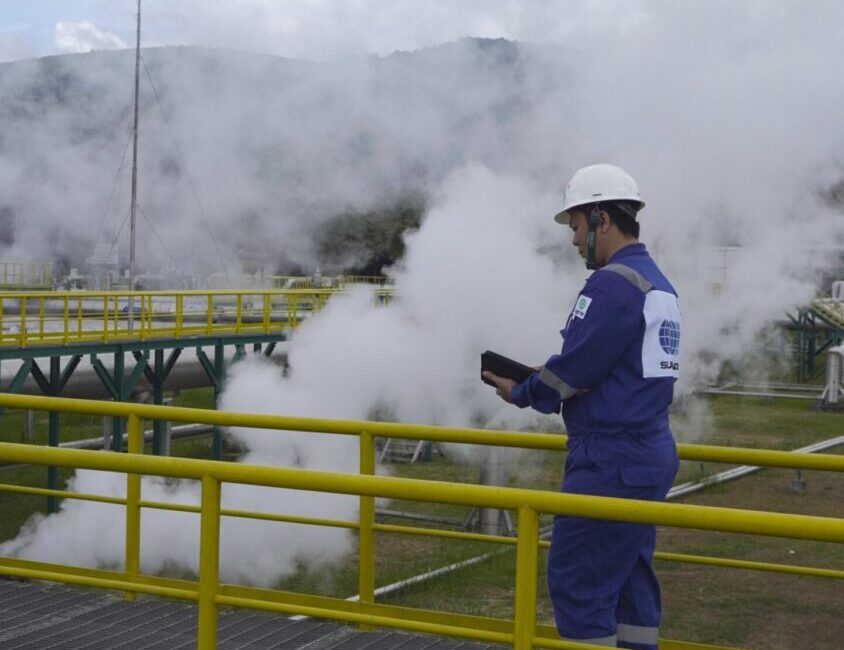Beyond Profit: Why ESG is the Key to Business Resilience in Indonesia
In today’s global economy, filled with uncertainty and rising environmental challenges, ESG (Environmental, Social, and Governance) has become more than just a trend. It is now a benchmark for sustainable business practices recognized worldwide.
The Emerging Issue
Indonesia, with its vast energy potential, natural resources, and large consumer base, faces tough challenges: climate change, global regulatory pressure, and rising consumer demand for ethical and responsible products.
This raises a critical question: Should business only be measured by profit, or by its contribution to long-term sustainability?
The Problem
Many companies in Indonesia are still trapped in the old paradigm—focusing solely on short-term profit. The risks are clear:
- Increasing regulatory scrutiny, especially regarding carbon emissions and environmental management.
- Global investors are becoming selective, prioritizing businesses with strong ESG performance.
- Consumers—particularly Millennials and Gen Z—are more critical about sustainability.
Without adaptation, Indonesian businesses risk losing competitiveness in global markets.
The Solution: ESG as the Foundation of Business
Integrating ESG into business strategy is no longer optional, but a necessity.
- Environmental: Reducing emissions, conducting environmental audits, and adopting renewable energy.
- Social: Ensuring workers’ rights, workplace safety, and meaningful community contributions.
- Governance: Building transparency, accountability, and compliance with regulations.
With ESG, businesses not only survive but thrive—becoming more resilient to crises.
Benefits of ESG Implementation
- Greater Access to Investment – Global investors require ESG performance as a key criterion.
- Stronger Reputation – Trusted by consumers and business partners.
- Operational Efficiency – Resource and energy management lowers costs.
- Regulatory Compliance – Reduces legal and sanction risks.
- Contribution to SDGs – Aligns business growth with sustainable development goals.
Who Needs ESG?
- Energy & Mining Companies under public and regulatory scrutiny.
- Manufacturing & Agribusiness Industries targeting export markets with strict sustainability demands.
- SOEs & Public Companies requiring transparency and strong governance.
- SMEs aiming to scale up and enter modern trade networks.
Conclusion
Beyond profit does not mean ignoring financial gain—it means ensuring that profit goes hand in hand with sustainability. ESG is the key for Indonesian businesses to not only survive but to compete globally with resilience and trust.
Through professional audit, inspection, and certification services, businesses in Indonesia can navigate ESG requirements with confidence.







